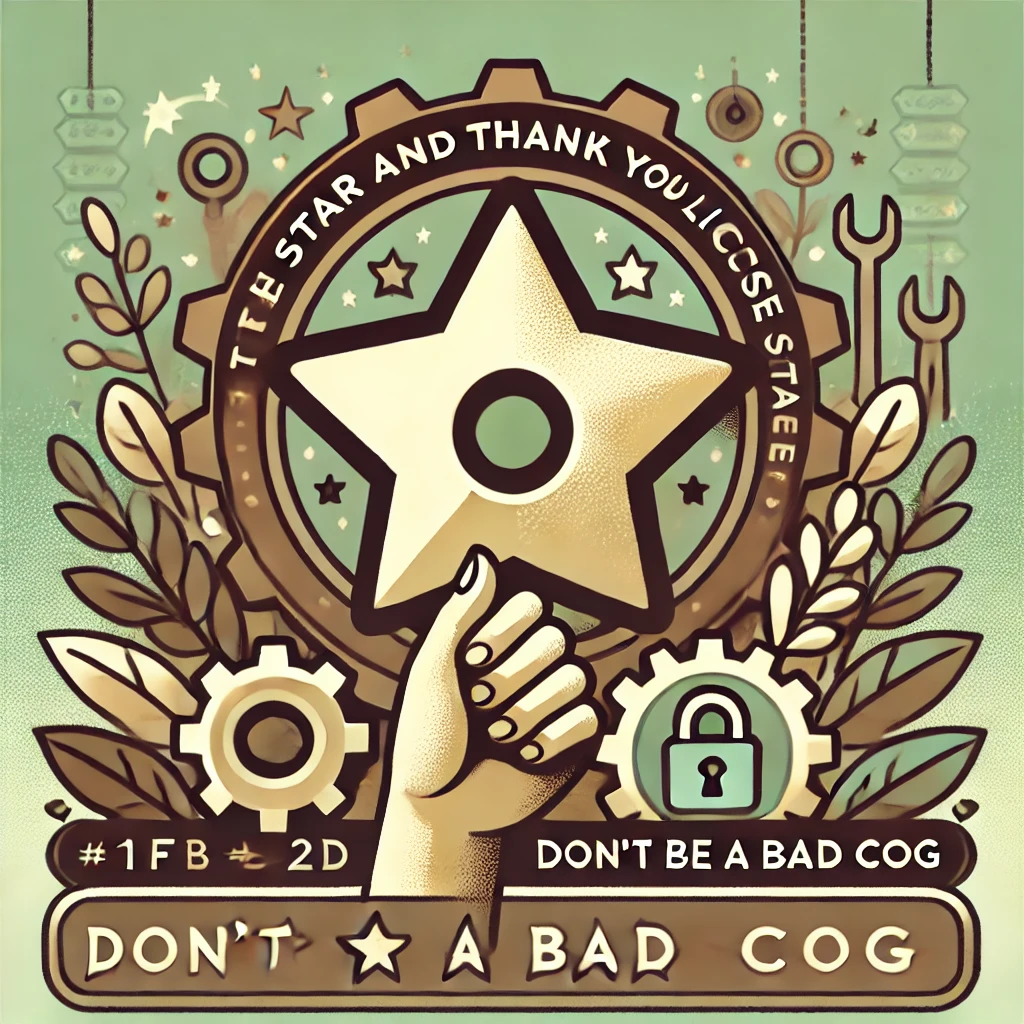The Star And Thank You (SATA) License

The Star And Thank Author License
Whenever using a project using SATA license, people should star/like/+1 that project and thank the author.
Just imagine Google stared your project and send you a thank-you letter because they used your project in github!
This is a very nice idea so that developers are getting something in exchange for their time and effort developing and maintaining the software we all rely on.
However, this license would not be "free-software" because the idea of having any requirement for user's to have to give anything to developers is the opposite of "free-software".
Note that "open-source" is just another word for "free-software".
The Free Software Definition is: The freedom to run the program as you wish, for any purpose (freedom 0).
Said more clearly, the FSF is saying that: everyone, even the biggest businesses are able to use the software forever for any commercial purpose.
However, this license would not be "free-software" because the idea of having any requirement for user's to have to give anything to developers is the opposite of "free-software".
Note that "open-source" is just another word for "free-software".
The Free Software Definition is: The freedom to run the program as you wish, for any purpose (freedom 0).
Said more clearly, the FSF is saying that: everyone, even the biggest businesses are able to use the software forever for any commercial purpose.
1. No Control Over Monetization
No license revenue: Since running the software is free, businesses, even billion-dollar ones, don’t have to pay the developer.
No usage fees: The developer can't require companies to pay for using the software, no matter how much value they extract.
No built-in funding: revenue must come from donations, consulting, paid support, etc
2. Large Corporations Can Profit Without Giving Back
Big businesses can run the software, integrate it into their commercial products, and make billions—without compensating the developer.
Asymmetry of power: A solo developer or small team creates software, while a large corporation can benefit financially at an exponential scale without sharing profits.
Risk of exploitation: A Billion Dollar Business (B$B) might use the software to build proprietary solutions, outcompeting the original developer without contributing back.
3. Difficulty in Sustaining Development
The burden of maintaining the software falls on the original developer.
Large corporations might use the software but not contribute back fixes, improvements, or funding.
Eventually all but a tiny handful of the largest free-software projects all become abandonware
4. Potential Competition From Own Work
Companies can take the developer’s free software, modify it slightly, and sell it as a proprietary or SaaS offering—often without crediting or compensating the original developer.
In worst cases, the developer ends up competing against their own software when a well-funded company builds a business around it.
If you write software, you are not obligated to give it away, and whatever the terms you decide to license your software under are 100% up to you.
Write something amazing!
Consider the SATA license for things you want to give away!